On Air Now
Relaxing Evenings with Zeb Soanes 7pm - 10pm
There’s much more to know about the life and music of Gustav Holst than just his most famous orchestral suite, The Planets.
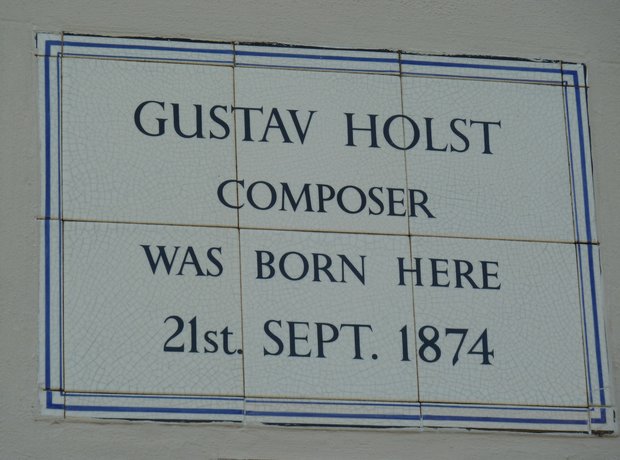
Born in Cheltenham in 1874, Gustav Holst had professional musicians stretching back three generations in his family. Gustav hoped to be a pianist but was prevented by neuritis. He said that his right arm felt "like a jelly overcharged with electricity".
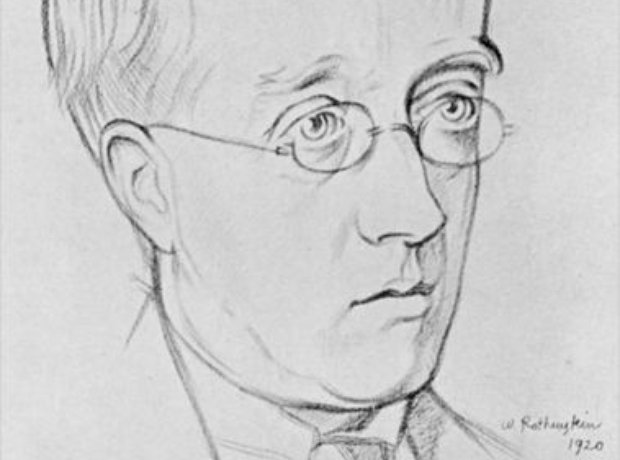
At 12 years old, Gustav took up the trombone. Five years later, he was appointed organist at a Gloucestershire church. He also conducted a local church choir, providing him with invaluable experience.
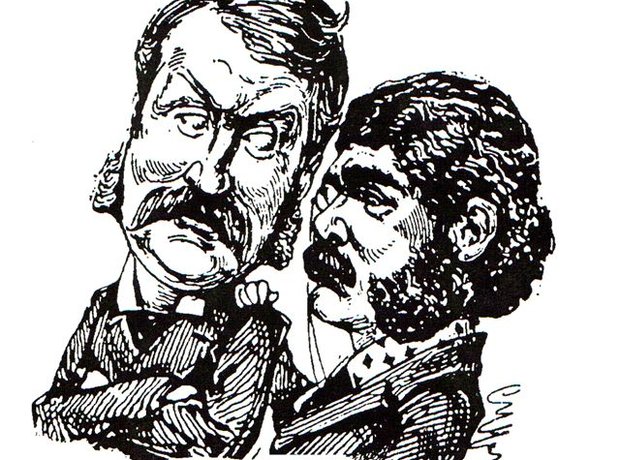
In 1892 Holst wrote the music for an operetta in the style of Gilbert and Sullivan. The piece was performed at Cheltenham’s Corn Exchange and was well received. Its success encouraged him to persevere with composing, despite his father's reservations.
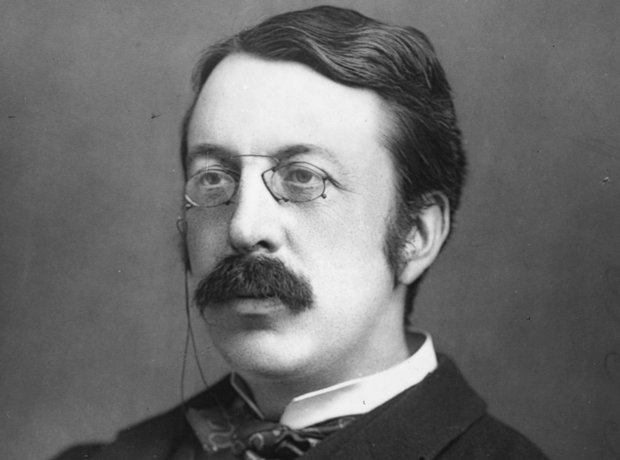
Holst studied composition at the Royal College of Music under Sir Charles Villiers Stanford, pictured. He wrote piano and organ pieces, songs and a symphony. His main influences were Mendelssohn, Chopin, Grieg and above all, Sir Arthur Sullivan. Later, like many musicians of his generation, Holst became an ardent Wagnerite.
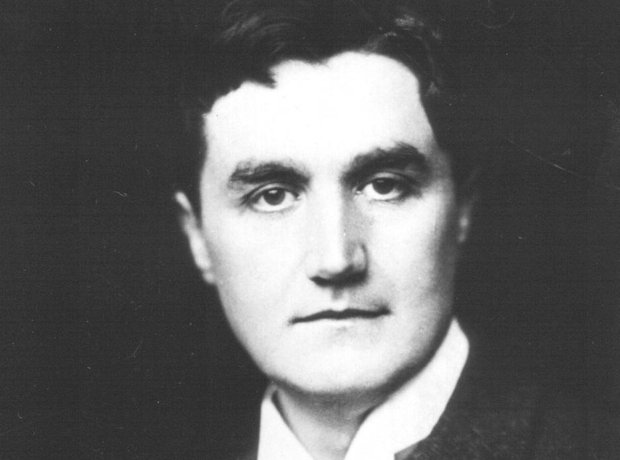
Shortly after celebrating his 21st birthday, Holst met Ralph Vaughan Williams, who became a lifelong friend and had a great influence on Holst's music. The two budding composers became one another's chief critics.
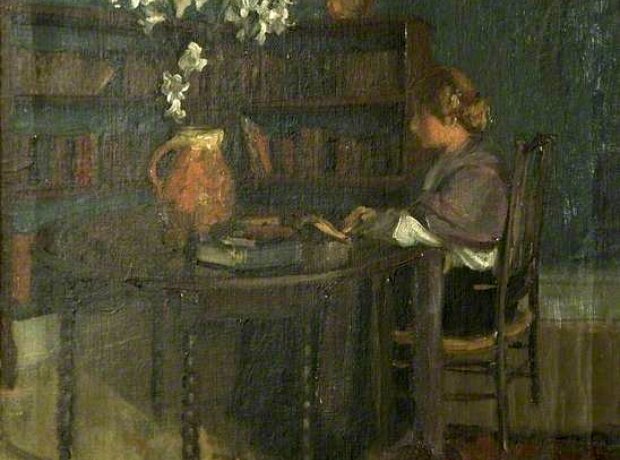
While conducting the Hammersmith Socialist Choir, Holst met Isobel Harrison, a beautiful soprano. He fell in love with her; she was at first not impressed by him, but she came round and they were married. This portrait of Isobel is in the Cheltenham Art Gallery and Museum.
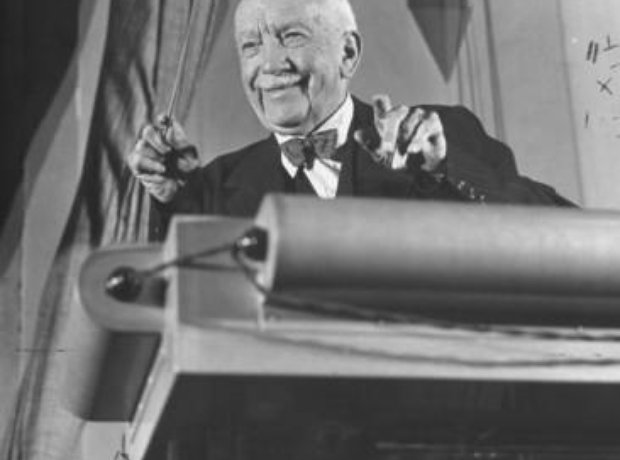
Unable to support himself by composition alone, Holst played the trombone professionally. In 1897, he even played under the baton of the composer Richard Strauss - pictured - at the Queen's Hall.
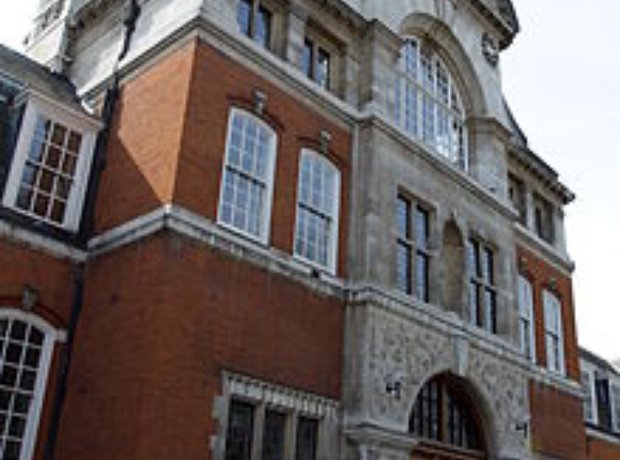
The two teaching posts for which Holst is probably best known were director of music at St Paul's Girls' School, Hammersmith - pictured - from 1905 until his death, and director of music at Morley College from 1907 to 1924. In 1913, St Paul's opened a new music wing, and Holst composed his St Paul's Suite for the occasion. The new building contained a sound-proof room where he could work undisturbed.
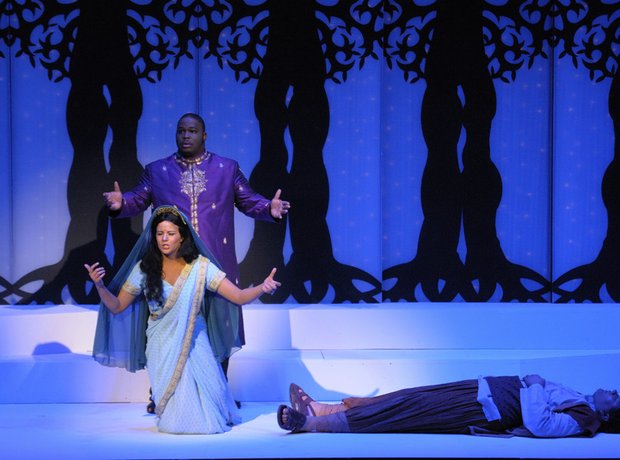
Holst was often inspired by literature. He made settings of poetry by Hardy and Whitman. He also took a keen interest in ancient sacred Sanskrit texts, particularly the Rig Veda hymns. His settings of translations included Sita, a three-act opera based on an episode in the Ramayana, and Savitri - pictured - a chamber opera based on a tale from the Mahabharata.
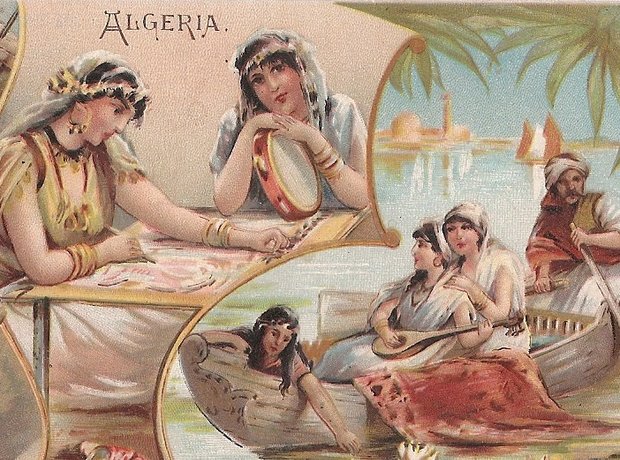
Holst was a keen rambler. In 1908 he travelled to Algeria on medical advice. The trip inspired his suite Beni Mora, which incorporated music he heard in the Algerian streets. Vaughan Williams wrote of this piece, "if it had been played in Paris rather than London it would have given its composer a European reputation, and played in Italy would probably have caused a riot."
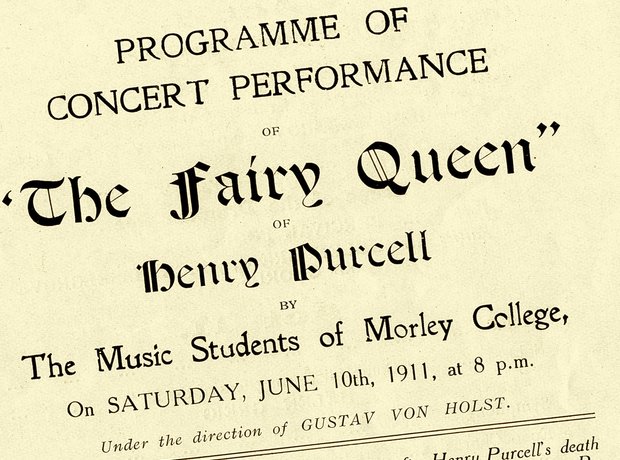
In June 1911, Holst and his Morley College students gave the first performance since the 17th century of Purcell's The Fairy Queen. The full score had been lost soon after Purcell's death in 1695, and had only recently been found. A concert performance of the work was given with an introductory talk by Vaughan Williams. The Times praised Holst and his performers for 'a most interesting and artistic performance of this very important work'.
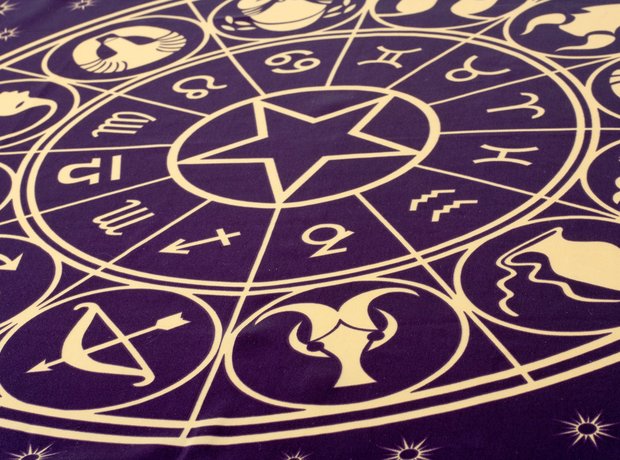
During a holiday in Spain, the writer Clifford Bax – brother of the composer Arnold Bax - introduced Holst to astrology, an interest that inspired his suite The Planets. Holst cast his friends' horoscopes for the rest of his life and referred to astrology as his ‘pet vice’.
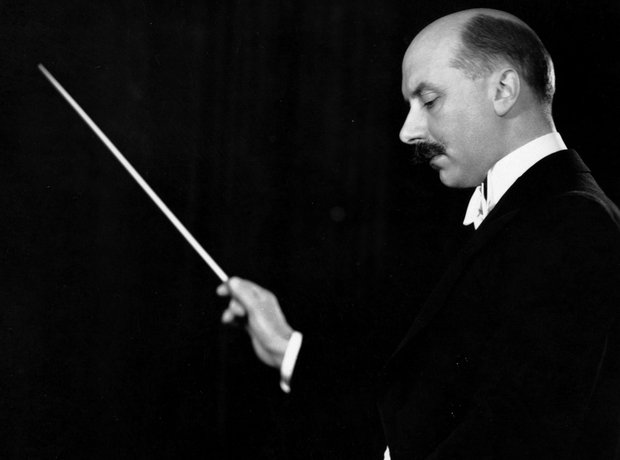
The first performance of The Planets was given on 29 September 1918 to an invited audience including Sir Henry Wood and most of the professional musicians in London. Five months later, Sir Adrian Boult - pictured - introduced The Planets to the general public, at a concert in February 1919; but he gave only five of the seven movements on that occasion thinking they would not be able to cope with the full work.
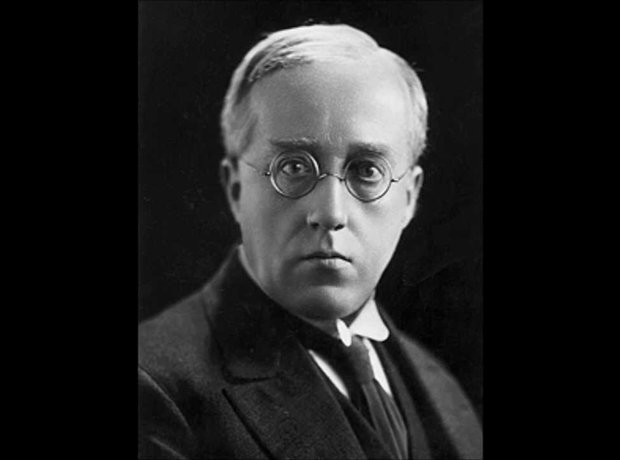
It was not until the international success of The Planets that Holst became a well-known figure. A shy man, he did not welcome this fame and preferred to be left in peace to compose and teach.
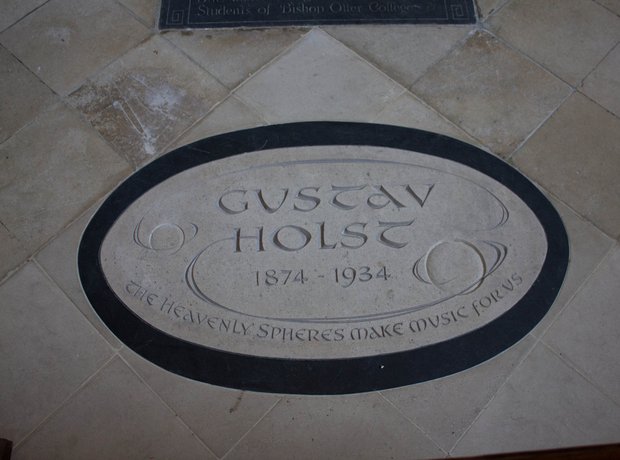
On 25 May 1934, Gustav Holst died aged 59 of heart failure, following an operation on an ulcer. His ashes were interred at Chichester Cathedral in Sussex, close to the memorial to Thomas Weelkes, his favourite Tudor composer.